
Neoadjuvant radiotherapy prior to surgery was associated with a 3-year OS rate of 88.5% in patients with locally advanced rectal cancer.

Your AI-Trained Oncology Knowledge Connection!


Neoadjuvant radiotherapy prior to surgery was associated with a 3-year OS rate of 88.5% in patients with locally advanced rectal cancer.

A median OS of 21.3 months was found in the phase 1/1b trial evaluating ficerafusp alfa plus pembrolizumab in those with metastatic and recurrent HNSCC.
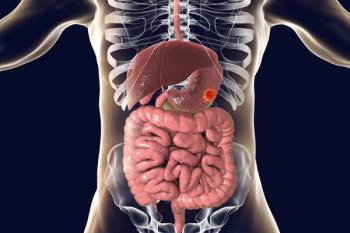
Survival results were similar among all patients and PD-L1 subgroups with the domvanalimab regimen in gastroesophageal junction adenocarcinoma.
![Radiotherapy is a very evidence-based subject. We can tell quite accurately how well we think [a patient] is going to do.](https://cdn.sanity.io/images/0vv8moc6/cancernetwork/eecaffda6ab0cbb4f4463586ace2f199eeefa8bf-400x401.jpg?w=350&fit=crop&auto=format)
Compared with 25 years ago, radiotherapy is much more personalized and targeted, thus reducing the strain on patients with cancer.
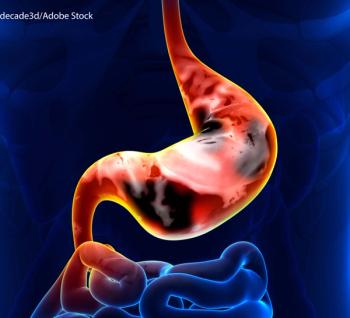
An independent data monitoring committee suggested the submission of an early NDA for serplulimab plus chemotherapy in early-stage gastric cancer.

The 10-year biochemical DFS rate was 86% with EBRT plus focal boost vs 71% with standard EBRT in those with intermediate- and high-risk prostate cancer.

Data from a phase 1/1b trial showed that WTX-124 achieved clinically meaningful activity in those with advanced melanoma following SOC immunotherapy.

Findings from the phase 3 C-POST trial support the FDA approval of cemiplimab in this cutaneous squamous cell carcinoma population.
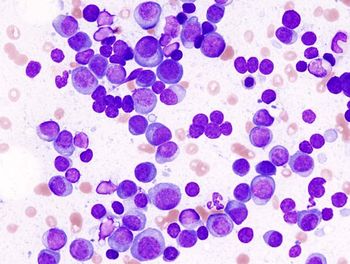
Patients with multiple myeloma who received palonosetron, dexamethasone, aprepitant, and olanzapine achieved a 44.1% CR rate across all study phases.

Casdatifan, administered at 100 mg once daily, achieved a confirmed ORR of 35% in patients with pretreated metastatic kidney cancer.

Those with limited-stage small cell lung cancer who had elevated ProGRP levels at baseline had worse OS and PFS outcomes vs those with normalized levels.
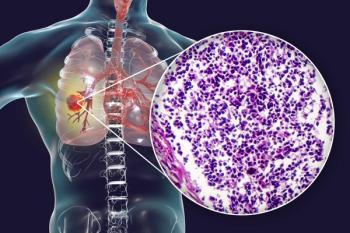
A real-world, retrospective analysis showed that CRS and ICANS occurred in 48% and 16% of patients with ES-SCLC who were treated with tarlatamab.

Combination therapy of ETX-636 plus fulvestrant is being administered to patients with HR–positive, HER2-negative breast cancer in a phase 1/2 trial.

D-VRd had a 72% chance of providing superior PFS outcomes vs isatuximab plus VRd in patients with transplant-ineligible NDMM.
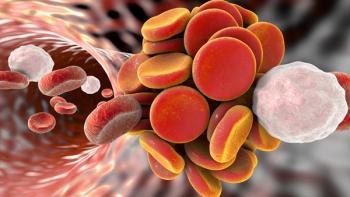
A phase 1 trial is evaluating UB-VV111 with and without rapamycin as treatment for patients with CLL and LBCL who received at least 2 prior therapies.

SBRT achieved a 5-year DFS rate of 89% vs 92% with moderately hypofractionated IMRT in patients with intermediate-risk prostate cancer.

Adjuvanted imsapepimut and etimupepimut plus pembrolizumab did not yield a statistically significant PFS improvement as treatment for advanced melanoma.
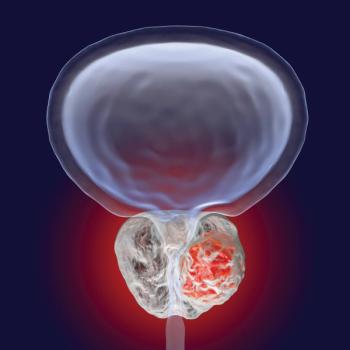
The addition of 177Lu-PNT2002 did not significantly increase toxicity in patients with oligorecurrent prostate cancer who received SBRT.

Planned interim results from the phase 3 DESTINY-Breast05 trial showed no new safety signals with T-DXd in the trial population.

Physicians are no longer required to have special certification to administer vandetanib to patients with medullary thyroid cancer.

Atebimetinib with gemcitabine and nab-paclitaxel achieved 9-month OS and PFS of 86% and 53%, respectively, in patients with pancreatic cancer in frontline settings.

Results from the phase 3 DESTINY-Breast09 trial will support the FDA’s decision on whether to approve T-DXd plus pertuzumab in frontline metastatic breast cancer.

Results from the phase 2 MorningSun trial demonstrated that outpatient, subcutaneous single-agent mosunetuzumab was efficacious in patients with marginal zone lymphoma.
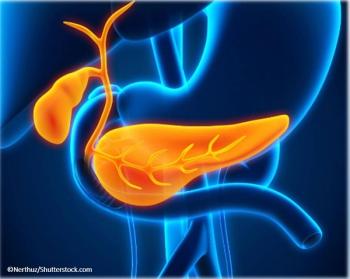
At 30 months, mitazalimab plus mFOLFIRINOX achieved an OS rate of 21% in patients with previously untreated metastatic PDAC.

Michael Wang, MD, stated that results from this phase 2 trial were tremendous and showed that mosunetuzumab plus polatuzumab vedotin is viable in MCL.
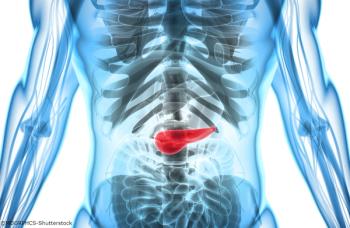
Patients with PDAC and non-GOF mutations had less favorable OS and DFS outcomes in various instances compared with those who had wild-type genes or GOF mutations.
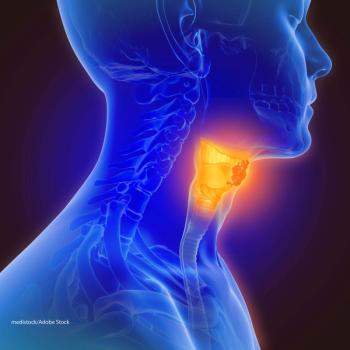
The agency has recommended approval for subcutaneous pembrolizumab in all previous solid tumor indications, and for pembrolizumab in recurrent HNSCC.

Data from the phase 3 3475A-D77 trial support the FDA approval of subcutaneous pembrolizumab across different pediatric and adult solid tumor indications.

Patients with high-risk multiple myeloma who received BPd maintenance therapy reported no events of progression in the phase 2 trial.

MRD-negative remission was achieved in 74.8% of all patients with newly diagnosed multiple myeloma treated with isatuximab, carfilzomib, lenalidomide, and dexamethasone.